Deck & Commander Strategies
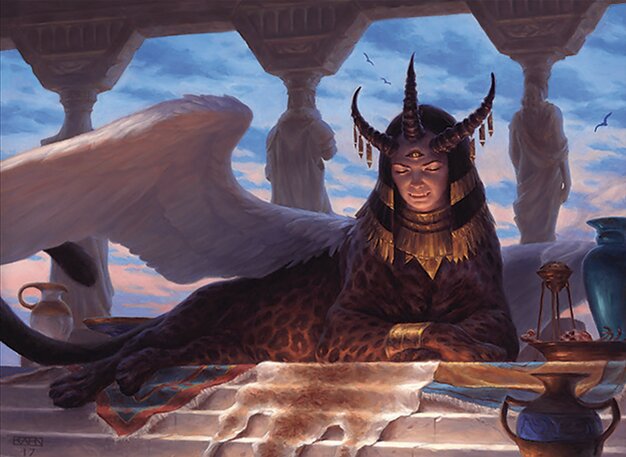
Yennett, Cryptic Sovereign
Focuses on comboing with Kefnet and using infinite turns to win, leveraging artifact and spell-based control.
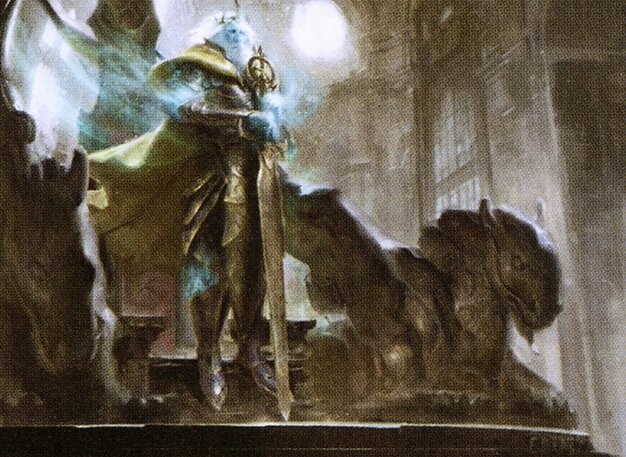
Brago, King Eternal
Utilizes blink combos with Brago's ability and Lithoform Engine to generate infinite value and control the board, eventually winning through combat damage or milling opponents.
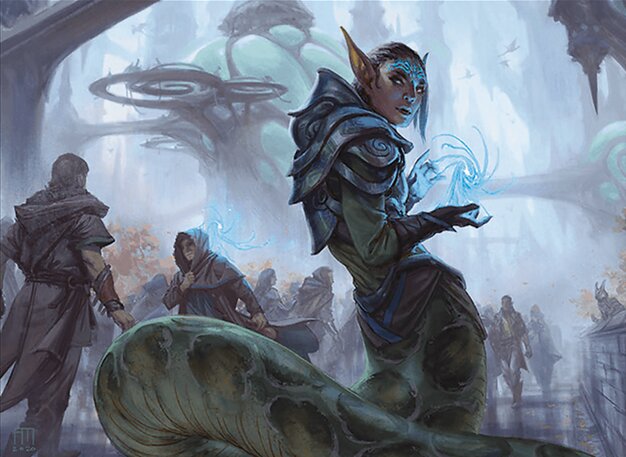
Lonis, Cryptozoologist
Combines Academy Manufactor, Erza, and Shrieking Drake to generate infinite mana and draw the deck with clues, then wins with Laboratory Maniac or similar draw-based finishers.
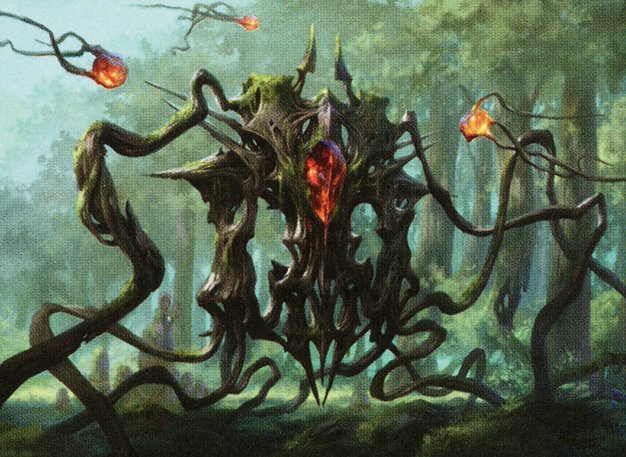
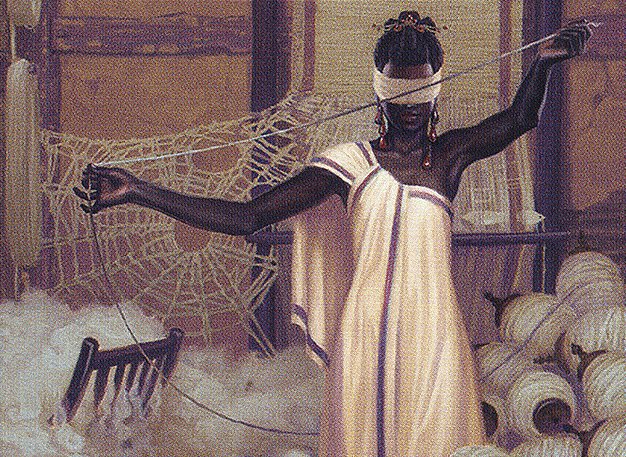
Tymna the Weaver / Kodama of the East Tree (Abzan Stax)
Employs stax elements to disrupt opponents by taxing and locking down their resources, winning through attrition and sacrifice lines, often with creatures like Corpse Knight.
Yannett, Cryptic Sovereign
Combines artifact-based control and combo, using card draw and counterspells to protect combo pieces and establish infinite turns or other win conditions.
Gameplay Insights
- 1
Keeping a zero-land hand can be viable in cEDH if the deck has sufficient mana acceleration like Chrome Mox and Mana Vault, but it comes with significant risk and limited early plays.
- 2
Playing around taxing effects such as Mystic Remora and Trinisphere early can heavily disrupt opponents' tempo, forcing them to expend resources inefficiently.
- 3
Using Boseju, Who Endures to destroy a problematic enchantment like Elspeth Conquers Death can create a beneficial exchange by also removing the opposing enchantment and triggering useful land fetch effects.
- 4
The deployment of Elish Norn provided a major board reset that wiped out most creatures, shifting the board state and momentum dramatically.
- 5
Imprinting Narcissistic Reversal on Isocron Scepter provided a flexible answer to stax effects like Rule of Law, allowing the player to counter spells or protect key permanents while facing heavy disruption.
- 6
Players made extensive use of clues and sacrifice outlets to generate card advantage and incremental value, maintaining resources in a taxing environment.
- 7
The game demonstrated the tension between stax control and combo execution, with players balancing disruption against assembling infinite combos or lock pieces.
Notable Cards
-

Chrome Mox
-
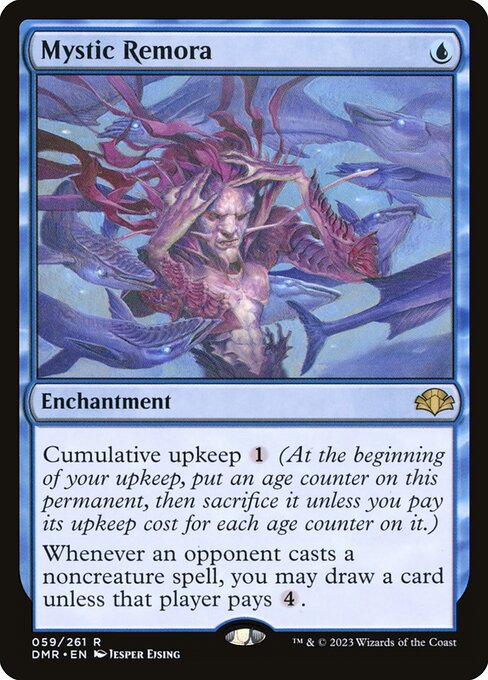
Mystic Remora
-
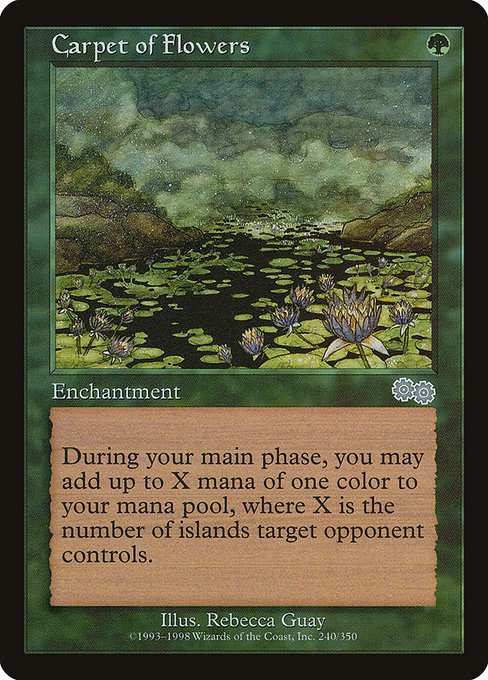
Carpet of Flowers
-

Trinisphere
-

Force of Negation
-
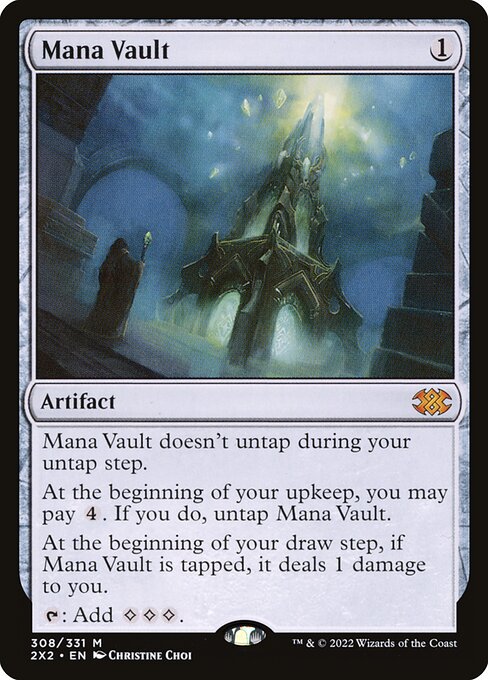
Mana Vault
-
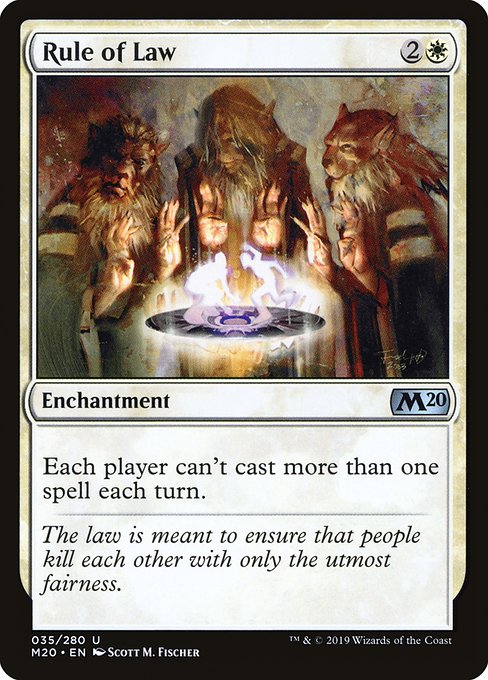
Rule of Law
-
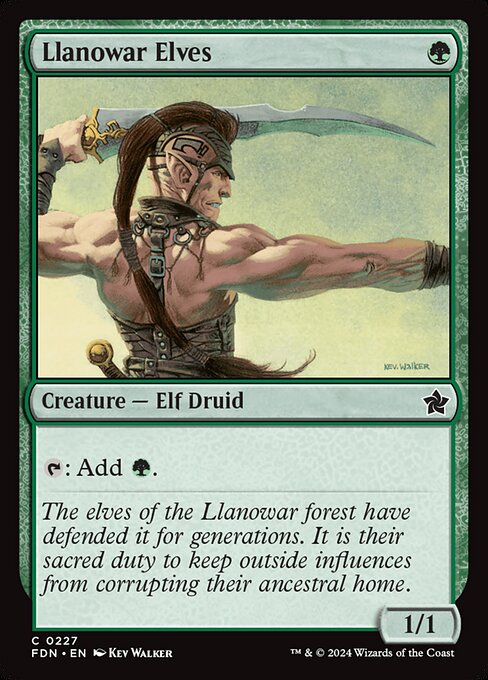
Llanowar Elves
-
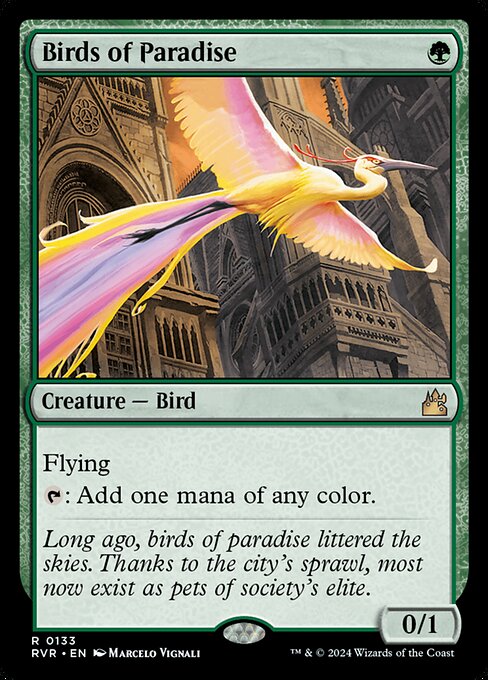
Birds of Paradise
-

Bloom Tender
-
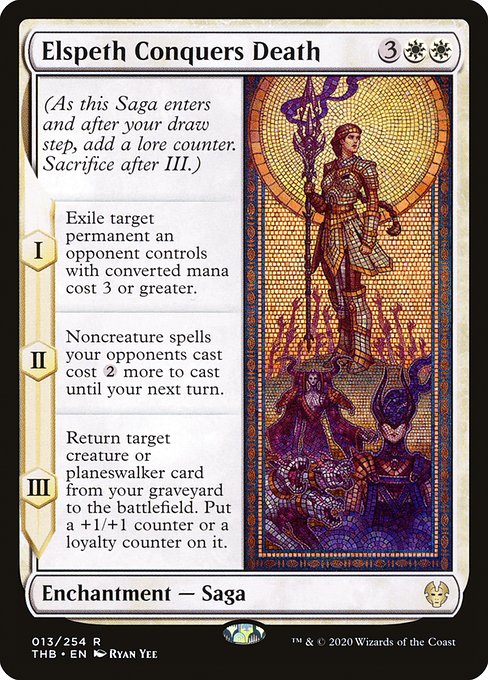
Elspeth Conquers Death
-

Jeweled Lotus
-
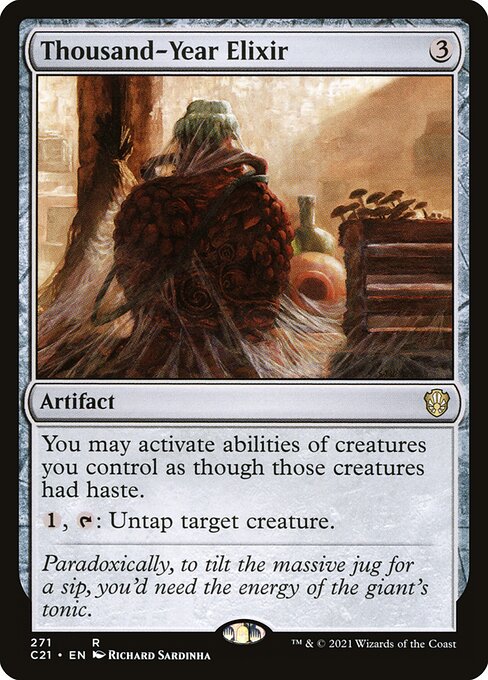
Thousand-Year Elixir
-
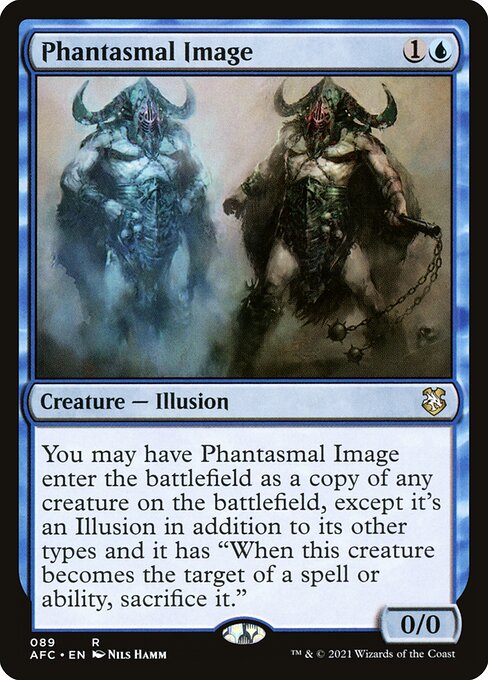
Phantasmal Image
-

Notion Thief
Gameplay Summary
The game began with a highly unconventional start as Jordan kept a zero-land opening hand, relying heavily on mana rocks like Chrome Mox and Mana Vault to develop his board early.
The other players established their mana bases and started deploying key early plays to control the game flow.
Adam used Mystic Remora to tax opponents' spells, while Nate developed his mana with Carpet of Flowers and set up his partner commanders Kodama and Tymna to leverage both stax and aggressive strategies.
Bill focused on clue generation and incremental advantage with cards like Thousand-Year Elixir and Bloom Tender. A pivotal moment occurred when Adam cast Elspeth Conquers Death targeting Nate's Kodama, but Nate responded by destroying the enchantment with Boseju, who Endures, leading to mutual exile and board development.
Nate then cast an impactful Elish Norn, which wiped out much of the board and swung the momentum in his favor.
Jordan continued to use artifact acceleration and card draw, setting up Isocron Scepter with Narcissistic Reversal to navigate around stax effects like Rule of Law.
Despite his lack of lands, Jordan's combo potential remained a looming threat. The game showcased a mixture of stax elements from Tymna/Kodama, combo potential from Yennett and Brago, and interactive disruption from Lonis, Cryptozoologist.
The players balanced board control, resource denial, and combo assembly in a chaotic and tightly contested match with various players attempting to set up infinite combos or stax lock positions while navigating through taxing effects.





























![Commander VS S13E5: ??? vs ??? vs ??? vs ??? [EDH] thumbnail](https://i.ytimg.com/vi/6sqnH1IXwFY/sddefault.jpg)





















